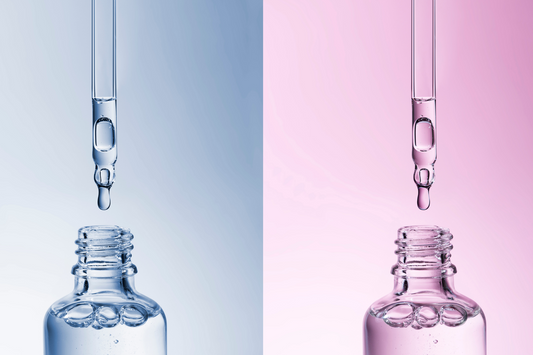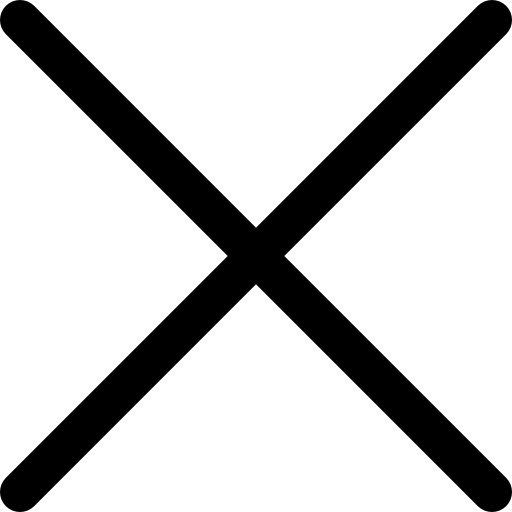If you’re dealing with thinning hair or hair loss, odds are that you’re looking for an expert opinion to guide you through the process of starting your hair growth journey. Talking to your primary care provider is always a great place to start—but are there any other experts you can look out for? Before you go searching for “trichologist near me” read on to find out more about trichology and those who practice it.
What is trichology?
Trichology is the name given to the field that specializes in the study of hair and the scalp, including diseases, regrowth, and treatment plans. An attempt at consolidating the study of hair care into a scientific discipline began in 1860 by a man dubbing himself “Professor” Wheeler, and in 1902 the field was formalized under the professional organization The Institute of Trichologists in Britain. The International Association of Trichologists was formed in California in 1974, and both the IoT and the IAT serve as providers of Trichology Education alongside organizations like Trichocare and the Trichological Society.
Trichology is the name given to the field that specializes in the study of hair and the scalp, including diseases, regrowth, and treatment plans. An attempt at consolidating the study of hair care into a scientific discipline began in 1860 by a man dubbing himself “Professor” Wheeler, and in 1902 the field was formalized under the professional organization The Institute of Trichologists in Britain. The International Association of Trichologists was formed in California in 1974, and both the IoT and the IAT serve as providers of Trichology Education alongside organizations like Trichocare and the Trichological Society.
What is a trichologist?
A trichologist is a practitioner of trichology. An important distinction about trichology is that the field falls under what’s known as a para-medical discipline, meaning that it is relevant and related to the medical fields, but that it is not a specialty that is taught as a part of formal medical training.
Because of this, trichologists are not required to be medical doctors with the title M.D. and the experience that comes alongside it. To become a dermatologist—the type of medical doctor that specializes in treating the skin and scalp—this experience includes four years of medical school, one year of internship, three years of residency, and one or more years in a fellowship that allows for specialization in a particular field within dermatology. The post-nominal title given to medical doctors is M.D.
According to the Institute of Trichology, to become a qualified trichologist, applicants must pursue three years of study and two years of clinical mentorship before receiving full certification. The Institute of Trichology confers three post-nominal titles—AIT, MIT, and FIT— which correspond to Associate, Member, and Fellow of the Institute of Trichologists, respectively.
What are the important differences between a trichologist and a dermatologist?
Though a trichologist may specialize in recognizing and helping to treat disorders of the scalp and conditions that affect thinning hair and hair loss, there are important differences between a certified trichologist and a practicing dermatologist. Depending on the nature of your hair loss or the underlying condition that may be causing it, this distinction may be important.
The medical training that dermatologists undergo qualifies them to perform nuanced evaluations and tests. These may include a trichoscopy, a magnified evaluation of the scalp to observe hair thickness and the overall condition of the scalp, or a scalp biopsy, which involves a physical sample of the scalp tissue being examined and diagnosed by a histopathologist for any abnormalities.
Further still, the medical training of a dermatologist enables them to prescribe oral medications for hair thinning and hair loss, while a trichologist is limited to recommending topical medications that can generally be purchased over the counter without a prescription.
In the last decade, dermatologists who tend to specialize in the study, diagnosis, and treatment of scalp and hair disorders proposed that the term dermatotrichologist be used to distinguish between board-certified dermatologists and those without medical qualifications like trichologists. At a 2012 meeting, the following aims were proposed to help achieve this distinction:
- Understanding the hair patient on an emotional level and his/her medical problem on a technical level.
- Delivering sound patient education and effective trichologic therapy.
- Representing trichology as a discipline based on evidence from science, engineering, and statistics.
- Setting standards for good medical practice in trichology.
- Supporting progress in trichology through continuous medical education.
What recommendations might a trichologist make?
Should you choose to see a trichologist for your hair loss treatment, some recommendations that you can expect to hear may include:
- A referral to a physician or other medically qualified professional.
- Topical treatments.
- Nutritional suggestions and recommendations.
- A recommendation to address underlying stress and anxiety with a mental health provider.
Which care provider should you choose?
When it comes to treating your hair loss, there are a variety of factors that may influence your decision. Depending upon the severity of your condition, the cost of treatment, and the urgency with which you hope to address the problem, you may choose to see a trichologist or a dermatologist. If you’re unsure, consider speaking with your primary care provider first and seek their advice. They can provide you with a recommendation, and if necessary, a formal referral to see a specialist.
If you’re concerned that your hair loss is being caused by something more than skin deep, it never hurts to seek the most extensive, all-encompassing care available to you—in this case, that would fall to a dermatologist with their extensive knowledge, medical training, ability to order tests, and the credentials allowing them to prescribe oral medications. It is possible that, if your situation calls for it, your dermatologist may work with an outside trichologist as part of your treatment plan. It’s also entirely possible that your dermatologist may have pursued training and certification as a trichologist, as well, though this is likely uncommon due to the additional certification with a professional trichology association providing limited benefits in terms of career advancement or compensation.
If your hair loss is a serious concern, you’re not alone. Medically qualified professionals, as well as certified non-physician practitioners, are there to help you through your hair regrowth journey.





